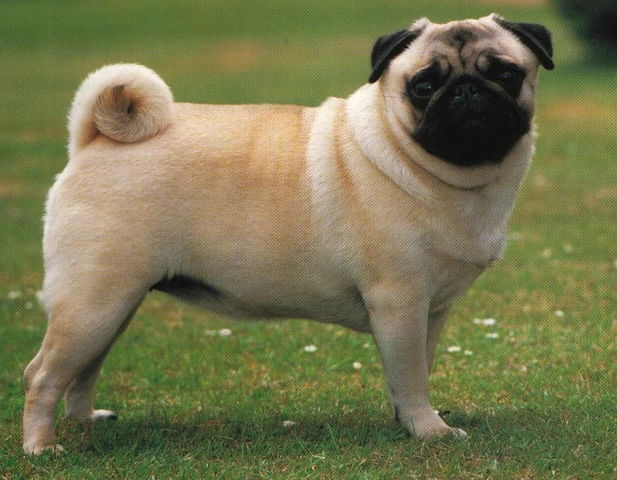While pugs are known for their charming personalities and distinctive appearance, they are also prone to certain health issues that require vigilant care. Being proactive in preventive measures is key to ensuring your pug leads a happy and healthy life. Here’s a guide to common health issues and practical preventive care for your lovable pug.
- Respiratory Concerns:
Pugs are a brachycephalic breed, meaning they have short noses and flat faces. This adorable feature, however, can lead to respiratory issues. Keep a close eye on signs of labored breathing, excessive snoring, or difficulty exercising. Avoid strenuous activities during hot weather, as pugs can easily overheat. Regular visits to the veterinarian can help monitor respiratory health and address any concerns early on.
- Weight Management:
Pugs have a tendency to gain weight, which can exacerbate other health issues. Maintain a balanced diet, monitor portion sizes, and incorporate regular exercise into their routine. Regularly check your pug’s weight and consult with your vet to establish a healthy diet plan to prevent obesity-related problems.
- Eye Care:
Pugs’ prominent eyes are susceptible to various eye conditions, including dry eyes, corneal ulcers, and entropion (inward rolling of the eyelids). Keep their eyes clean by gently wiping away any discharge, and schedule regular veterinary check-ups to catch potential eye issues early. Avoid exposing your pug to excessive wind or dust that could irritate their eyes.
- Dental Hygiene:
Pugs are prone to dental issues, including periodontal disease. Establish a regular dental care routine by brushing your pug’s teeth at least two to three times a week. Provide dental chews or toys to help keep their teeth clean and healthy. Regular dental check-ups with your veterinarian are also essential for maintaining good oral hygiene.
- Skin Fold Maintenance:
Those adorable wrinkles on your pug’s face require special attention. Clean between the wrinkles regularly to prevent bacterial or fungal infections. Keep the folds dry and consider using a vet-approved wrinkle balm to prevent irritation. If you notice redness, swelling, or a foul odor, consult your vet promptly.
- Regular Vet Check-ups:
Routine veterinary check-ups are crucial for preventive care. Schedule regular visits to monitor your pug’s overall health, address any concerns promptly, and stay up-to-date on vaccinations. Your vet can also provide guidance on nutrition, weight management, and specific health concerns based on your pug’s individual needs.
Conclusion:
By staying vigilant and proactive in your pug’s care, you can help them overcome their breed-specific health challenges and enjoy a happy, healthy life. Regular veterinary check-ups, a balanced diet, proper dental care, and attention to specific needs such as respiratory and eye health are key components of preventive care for your lovable pug. Remember, a little preventive care goes a long way in ensuring your pug’s well-being and longevity.


Leave a Comment